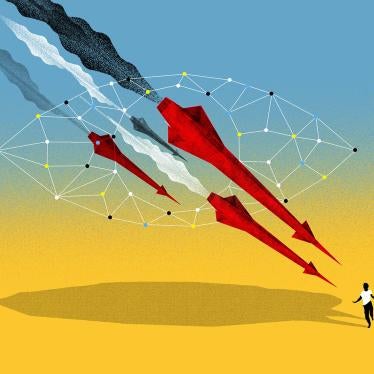Khalid Sheikh Mohammed, a Pakistani who grew up in Kuwait, has been charged with conspiracy to commit terrorism, attacking civilians and civilian objects, causing serious bodily injury, murder and destruction of property in violation of the laws of war, hijacking, terrorism and providing material support for terrorism, for his alleged role in planning the 9/11 terrorist attacks. The government is prosecuting Mohammed with four others accused of being involved in planning the 9-11 attacks. If convicted, he and the others face the death penalty.
Mohammed was indicted in New York in 1996 for his alleged involvement in a Philippines-based plot to blow up 12 US-bound commercial airliners in a 48-hour time period. The indictment, made public in 1998, and federal arrest warrant provide details of how he operated within Al-Qaeda. The documents were unsealed in 1998 after Ramzi Yousef, Mohammed's nephew, was sentenced for his role in the 1996 airliner plot.
Serious concerns have been expressed over Mohammed's treatment while in US custody and the possible use of statements obtained through torture as evidence against him. During his Combatant Status Review Tribunal (CSRT) hearing on March 10, 2007, Mohammed claimed that he was tortured while in US custody and that as a result, he made false confessions about both himself and others. In addition, he alleged that his children were detained and abused as well.
The details of Mohammed's allegations from the transcript of his CSRT hearing are redacted, but the CIA has acknowledged "waterboarding" him 183 times while holding him in secret custody in 2002 and 2003. Waterboarding, a torture technique in which a prisoner is made to believe he is drowning, violates both the federal anti-torture statute and the War Crimes Act. Although the CIA videotaped the interrogations in which terrorism suspects were waterboarded and subjected to other "severe interrogation techniques," the CIA confirmed that at least two videotapes documenting the interrogations had been destroyed in 2005. Several officials said that the tapes were destroyed in part because officers were concerned that the video could expose agency officials to legal or security risks.
In November 2009 Attorney General Eric Holder announced that Khalid Sheikh Mohammed along with four co-defendants in the 9/11 prosecution, would be moved from Guantanamo to stand trial in federal district court in New York City. However, after New York officials raised objections based on purported security and cost concerns, the Obama administration suspended its decision to move the case to federal court. Finally, on April 4, 2011, Holder reversed course and announced that the co-defendants would be tried before a military commission in Guantanamo.
In May 2012, Mohammed and the other four co-defendants were arraigned in a military commission at Guantanamo. The case has been in pre-trial hearings ever since and a trial date is likely years away. The delay is the result of the military commissions system’s use of new rules that have not been tested, the US government’s decision to classify important evidence related to the defendants’ torture in CIA custody, and the commissions' remote location at Guantanamo, among other things. (Last updated August 9, 2018)






